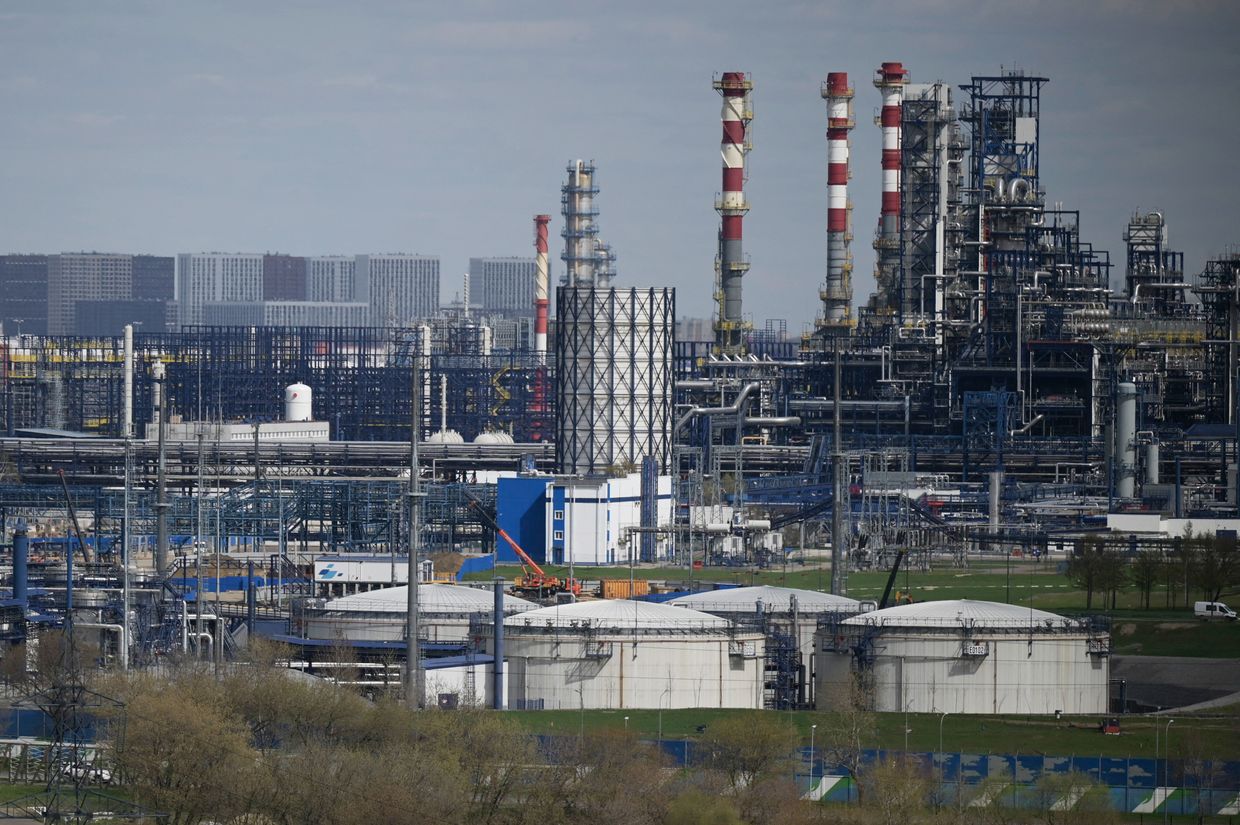Slovakia signs pilot contract for purchase of natural gas from Azerbaijan

Slovak state-owned energy supplier Slovensky plynarensky priemysel (SPP) has signed a short-term pilot contract to purchase natural gas from Azerbaijan, the company told Reuters on Nov. 12.
Russian gas continues to flow through Ukraine to the European Union as part of a deal signed in 2019, which is set to expire in December 2024.
European states and Ukraine have been in talks with Azerbaijan to replace Russia as a supplier.
SPP may also consider a longer-term agreement, as it is also preparing to cut off Russian gas supplies through Ukraine.
SPP said it had diversified its gas purchase contracts with BP, Exxon Mobil, Shell, Eni, and RWE and has up to 150% of its customers' consumption as a "safety cushion." The company added that this volume could grow.
"Due to the high risk of stopping gas supplies via the eastern pipeline, we are taking measures to guarantee safe gas supplies to our customers, from large industrial customers to households, in any situation," SPP CEO Vojtech Ferencz said.
The southern transit route through the Turk Stream pipeline across the Black Sea will be important if transit through Ukraine is stopped and some Russian or Azerbaijani gas could go through this pipeline, according to SPP.
SPP said that with the loss of Russian supplies, it would have to buy all the volume it needs from another source and physically transport it to Slovakia, costing it at least 140 million euros ($148.6 million) more.
Slovakia is among the countries most reliant on Russian energy supplies. While Moscow cut much of its pipeline gas transit to Europe in 2022, Slovakia, Austria, and Hungary remain heavily dependent on Russian imports.
Azerbaijani President Ilham Aliyev said on Sept. 6 that negotiations are underway with the EU, Moscow, and Kyiv to transport Azeri gas after Ukraine stops transiting Russian gas. Gas supplies from Azerbaijan would have to first transit through southern Russia before reaching Ukraine.
Europe is "fully committed" to phasing out Russian gas and is "ready to live without this Russian gas coming from the Ukrainian transit route," EU Energy Commissioner Kadri Simson said on Sept. 11.
However, with Azerbaijan itself increasing imports of Russian gas since the start of the full-scale war, the EU's turn to Azerbaijan has been criticized for simply bringing the same gas to Europe but with extra steps.














